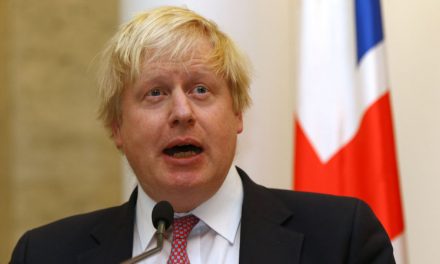I was speaking at a dinner in Edinburgh last night, stayed over, and breakfast was accompanied by a complimentary copy of The Scotsman.
Front page lead a story about a ‘respected businessman’ being appointed to police the activities of Royal Bank of Scotland, whose branding continues to hit you, with a somewhat queasier effect that it used to, all over the City.
But the story which really caught my eye was on Page 2. ‘Vote against MacAskill and I’ll quit, threatens Salmond.’ I assume most who visit here will know who Salmond is – first minister Alex, the bumptious and spectacularly self-confident leader of the SNP. MacAskill is justice minister Kenny who appears to have presided over a series of ‘gaffes’ (one of those words which appear mainly in newspapers not real-speak) and is facing the threat of a vote of no confidence.
Salmond, not bad at brinkmanship, is threatening to resign and provoke elections if this vote goes ahead. Now I know the media and political debate has beeen convulsed by MPs’ expenses – Salmond’s food bills included – and also I do not follow the media like I used to when it was part of my job. But two things struck me – what was the story doing on Page 2? And how come this was the first I had heard of it, since it seems it has been developing over a period of weeks?
The answer to the second question is that what little Scottish news the London-based media broadcast pre-devolution has been reduced even further since.
I suppose it was inevitable, but a pity for someone like me who sees Glasgow and Edinburgh as every bit the same country as London, Birmingham, Manchester and the rest.
But if devolution has made England less aware of Scotland, I sense the banking crisis has made Scotland more wary of independence. I know taxi drivers, waiters and even respected businessmen at dinners are not always the best guide, but it was a near universal view that when we were facing a global crisis, small was not necessarily beautiful.
Meanwhile, over on Page 23, a five sentence story which I also found more interesting than the space and prominence given to it. ‘Scots Secretary to brief SNP’, it said, of discussions UK government minister Jim Murphy is to have with SNP ministers on the impact of the recession and the Budget on Scottish spending.
At the dinner, I suggested that only such a cross-party approach could solve the problem of MPs’ pay and expenses.
Just as audience response to a speech is no more or less reliable than the views of random taxi drivers, worth reporting that my suggestion that Parliament has to bite the bullet on much higher pay for MPs, an end to all but clearly necessary expenses, and the political class doing a far better job of defending itself against the media’s culture of negativity seemed to meet with general approval.
As the respected businessman next to me at the dinner said, carry on as we are, and we shouldn’t be surprised if nobody serious wants to go into politics.
A thought which may give a momentary chuckle to some, as moats and horse manure have done. But on reflection …


